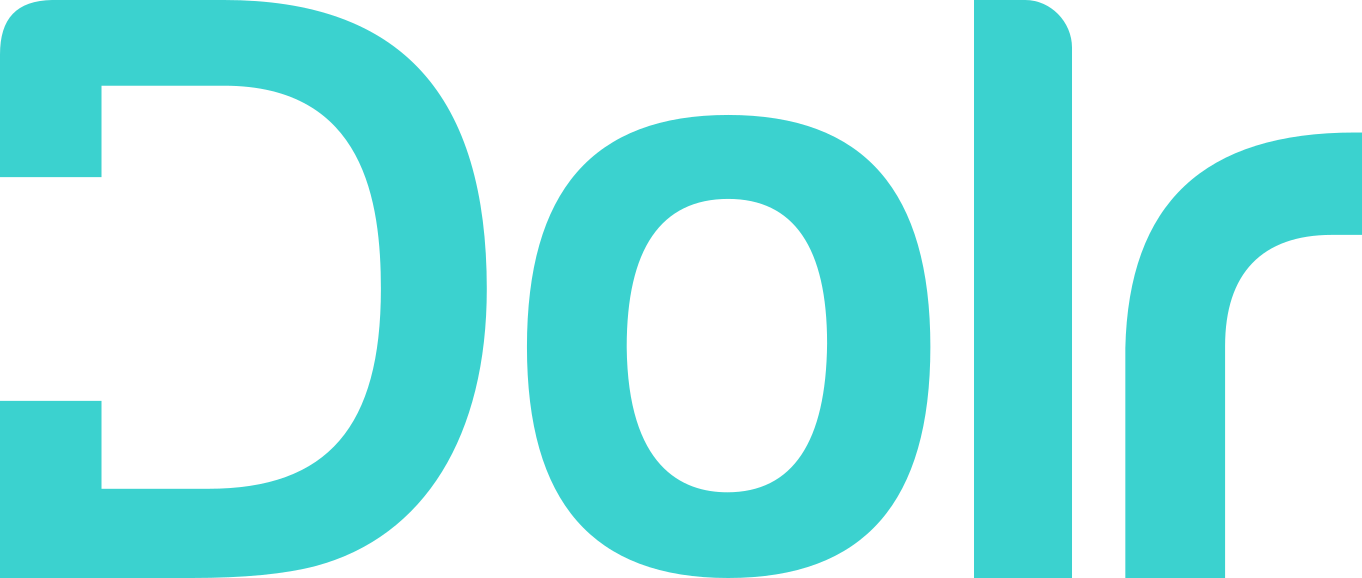5 ways student loan benefits are making an impact on recruitment and retention
Discover how innovative student loan benefits are transforming recruitment and retention strategies.

Understanding the Connection Between Student Loan Benefits and Recruitment
In today’s competitive job market, companies are seeking innovative ways to attract talents. One of the most effective strategies has garnered significant attention: student loan benefits. These benefits have transformed into a valuable recruitment tool that can significantly influence a candidate’s decision to join an organization.
The connection between student loan benefits and recruitment lies in the changing expectations of the workforce. Millennial and Gen Z candidates prioritize financial wellness, making it critical for employers to address the burden of student debt. Offering student loan assistance not only sets a company apart but underscores a commitment to supporting employees’ financial futures.
The Growing Importance of Student Loan Benefits
As student loans become one of the leading sources of debt in America, their importance in recruitment cannot be overstated. A 2022 survey indicated that nearly 70% of graduates leave college with debt, an overwhelming figure that affects their life choices. Employers responding to this economic reality demonstrate they care about their employees by introducing student loan repayment programs.
Moreover, organizations are leveraging these benefits to align with their corporate social responsibility goals. By offering student loan benefits, companies can contribute to a broader mission of reducing the student debt crisis, thus enhancing their employer brand and appeal to socially conscious candidates. This alignment not only attracts talent but also fosters a culture of loyalty and appreciation among employees, who feel that their employer is genuinely invested in their well-being and future.
How Student Loan Benefits Attract Potential Employees
The recruitment landscape has shifted dramatically, and student loan benefits are emerging as a preferred incentive. Candidates are more likely to consider job offers that include assistance with education debt, as this can significantly ease their financial burdens.
Organizations that provide student loan reimbursement not only capture the attention of candidates but also enhance their overall job satisfaction. By alleviating the financial strain that comes with student loans, these employers create a sense of security and goodwill among potential hires, making them more likely to accept offers and consider long-term careers at the organization. Furthermore, studies have shown that employees who feel supported in their financial endeavors are more productive and engaged, leading to lower turnover rates and a stronger organizational culture. This symbiotic relationship between employee satisfaction and company success underscores the strategic importance of incorporating student loan benefits into recruitment strategies.
Additionally, as companies strive to create a more inclusive workplace, student loan benefits can play a crucial role in attracting diverse talent. Many individuals from underrepresented backgrounds may face greater challenges in managing student debt, and by offering tailored repayment solutions, organizations can demonstrate their commitment to equity and inclusion. This proactive approach not only helps to level the playing field but also enriches the workplace with varied perspectives and experiences, ultimately driving innovation and growth within the company.
The Role of Student Loan Benefits in Employee Retention
It’s not just recruitment that benefits from student loan assistance; retention strategies also gain strength. As employee satisfaction and loyalty hinge on perceived value and support from their employers, offering student loan benefits can play a key role in keeping talent engaged and committed.

Moreover, in a workforce where job-hopping has become commonplace, organizations need to find effective ways to nurture employee relationships. By addressing financial concerns that affect mental wellbeing, companies foster a loyal workforce more inclined to stay long-term. This is particularly relevant in industries where specialized skills are in high demand; retaining employees not only saves costs associated with turnover but also ensures that valuable institutional knowledge remains within the organization.
The Impact of Student Loan Benefits on Employee Satisfaction
Employee satisfaction is directly linked to job benefits, and student loan repayment programs are a vital component. When employees feel supported in managing their student loans, they are likely to experience increased satisfaction with their employer, which can lead to enhanced productivity and morale.
This boost in satisfaction arises from the relief that comes with financial assistance. Employees can focus more on their work when their financial stress is alleviated, ultimately fostering a positive workplace culture. The impact on productivity can be substantial: less stress leads to higher engagement, creativity, and collaboration. Furthermore, organizations that implement these benefits often see a decrease in absenteeism, as employees are less likely to take time off due to financial worries or the mental strain associated with managing debt.
Why Student Loan Benefits Encourage Employee Loyalty
In addition to improving satisfaction, student loan benefits also cultivate a strong sense of loyalty among employees. When organizations invest in the financial health of their workforce, it creates an environment of mutual trust and support. Employees are more likely to remain with an employer that shows genuine concern for their long-term wellbeing.
This loyal workforce not only tends to produce higher-quality work but can also become advocates for the company. Word of mouth from satisfied employees can enhance recruitment efforts, creating a cycle that continues to attract top talent while retaining current employees. Additionally, companies that prioritize student loan benefits may find themselves standing out in a competitive job market, as prospective employees often seek out organizations that offer comprehensive support systems. This differentiation can be crucial for businesses aiming to establish themselves as employers of choice in their respective industries.
The Financial Implications of Offering Student Loan Benefits
The decision to implement student loan benefits comes with considerations of cost and return on investment. Organizations must weigh the financial implications against the potential benefits, which can be substantial.
When companies invest in student loan repayment programs, they often experience reduced turnover and increased engagement, which ultimately leads to lower hiring costs and enhanced productivity. This means that the financial benefits of these programs can far outweigh their initial costs.
The Cost-Benefit Analysis of Student Loan Benefits
A thorough cost-benefit analysis reveals that integrating student loan benefits can have a positive impact on the bottom line. Many employers find that the initial investment returns dividends in various forms, such as increased employee retention, diminished recruitment costs, and enhanced brand reputation.
Additionally, many businesses realize they can attract higher-caliber candidates, who are often already equipped with valuable skills. Investing in employee education and financial assistance demonstrates a commitment to developing human capital, which pays off in innovative and productive workplaces.
Long-Term Financial Benefits for Employers
Beyond immediate savings, organizations offering student loan benefits can experience long-term gains. Companies become institutions of choice in their respective industries, ensuring a steady influx of talent.
Moreover, retaining seasoned employees saves millions in hiring, onboarding, and training costs, which can be redirected into growth initiatives. These long-term financial benefits reinforce the strategic value of adopting robust student loan repayment programs.
Furthermore, companies that offer such benefits often find themselves in a better position to foster a positive workplace culture. Employees who feel supported in their financial endeavors are more likely to exhibit loyalty and dedication, leading to improved morale and collaboration among teams. This supportive environment not only enhances productivity but also contributes to a company’s overall reputation as a desirable place to work, which can be a significant competitive advantage in the job market.
In addition, as student loan debt continues to be a pressing issue for many individuals, organizations that step up to address this challenge can position themselves as leaders in social responsibility. This not only resonates with potential employees but also attracts customers who value ethical business practices. By aligning their corporate values with the needs of their workforce, companies can create a strong brand identity that appeals to a broader audience, ultimately driving sales and customer loyalty.
The Future of Student Loan Benefits in Recruitment and Retention
Looking ahead, the landscape of recruitment and retention will likely continue to evolve, with student loan benefits remaining a pivotal element in human resources strategies. As the conversation surrounding student debt intensifies, employers must remain responsive to changing needs.
By embracing these benefits, organizations not only enhance their recruiting tactics but also fundamentally support their employees’ financial wellness, laying the foundation for a more motivated and committed workforce.
Predicted Trends in Student Loan Benefits
Predictions based on current trends suggest that more organizations will begin to expand their student loan assistance offerings. This may include increased employer contribution limits, partnerships with financial organizations for debt refinancing options, and the incorporation of financial planning workshops into employee programs.
Additionally, companies that adapt quickly to changes in employee expectations will likely see a competitive edge. As more millennials and Gen Z members enter the workforce, those who value student loan assistance will favor employers who recognize their needs and foster an inclusive culture of support.
Preparing for the Future of Recruitment and Retention Strategies
As we move forward, organizations must proactively prepare for the future of recruitment and retention strategies. This includes listening to employee feedback, conducting regular assessments of benefits packages, and remaining open to new ideas that can enhance employee satisfaction.
Incorporating student loan benefits is not merely about financial support; it’s a commitment to developing an engaged, loyal, and productive workforce. By prioritizing these initiatives, employers will ensure they are not only attracting the best talent but also retaining valuable employees for years to come.
As you consider the future of your company's recruitment and retention strategies, remember that offering student loan benefits is more than a perk—it's a powerful statement of support for your employees' financial wellness. Dolr is here to help you make that statement. Our innovative platform is designed to accelerate your employees toward $0 student debt, enhancing your benefits package and reinforcing your commitment to their success. With Dolr, you can provide a meaningful benefit that resonates with today's workforce and sets you apart as an employer of choice. Learn more about Dolr and take the first step towards a more engaged and loyal team.



